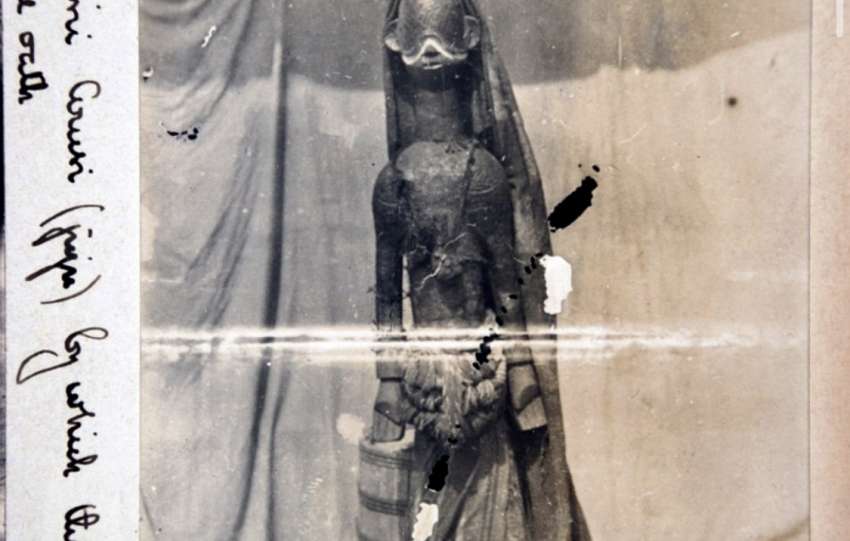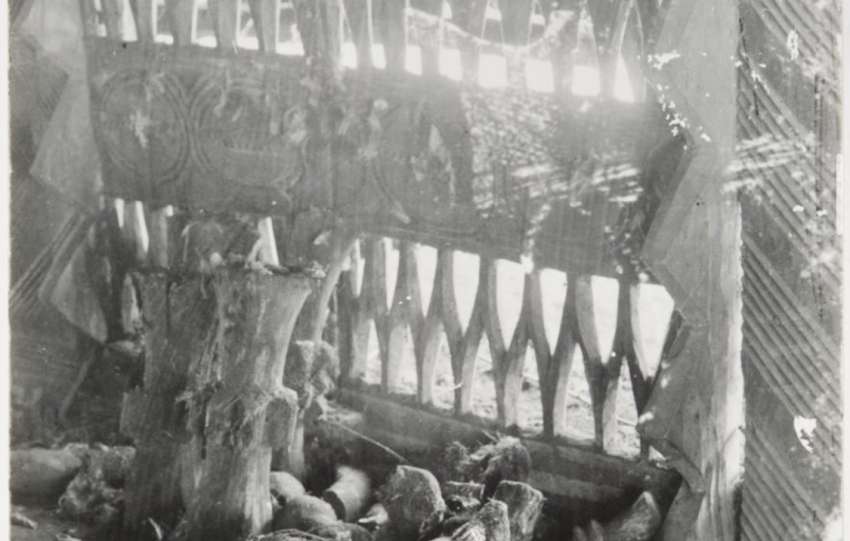Understanding “Ide miri arusi (juju) by which the people take oath,” reads a note written in a photo album by British anthropologist Northcote Thomas, accompanying a photograph taken around 1910–11. This brief yet profound description highlights the way European observers of the time often misinterpreted and generalized African religious and cultural practices using the term…



